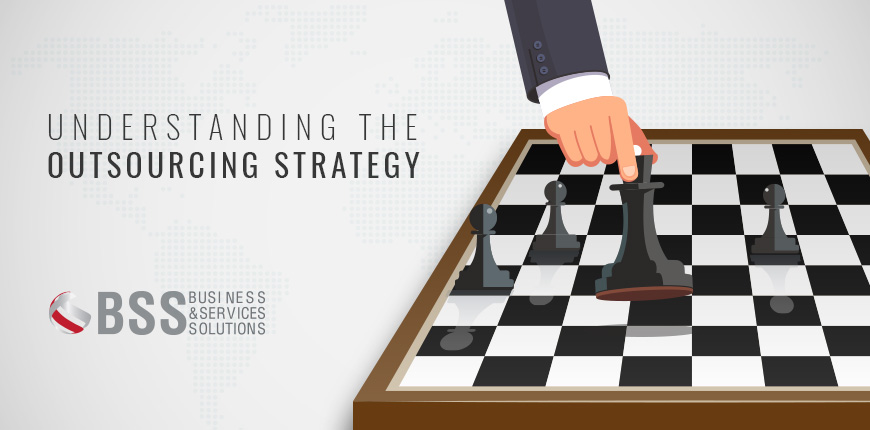The strategy of outsourcing is for a company to entrust to external partners the realization of activities it previously used to provide internally. This is to make done an activity that was done before with taking the risk of delegating one or more chains of the work. This decision often stems from the analysis of the strategic interest of the activity in question. This is done to assess the relevance of outsourcing where it is necessary to reason in terms of costs but also of resource allocations.
Why outsourcing?
Outsourcing leads to a reduction in production costs. It is known in the business that the company releases internal resources that it can choose to allocate for activities that have real benefits. In this sense, through outsourcing, the company specializes or refocuses on its core business and activities that it considers strategic. This also allows it to reduce fixed costs and therefore to gain flexibility and responsiveness.
On the other hand, outsourcing increases transaction costs. These include, for example, partner search fees, negotiation and contract drafting costs, and all charges related to monitoring and implementation.
When the production costs appear higher than the transaction costs, then anticipate! Outsourcing may seem legitimate. It is no less likely that any choice of outsourcing will lead to a relative risk of dependency via the external line of partners and its ability to provide a quality service without forgetting the damaging consequences of the loss of knowledge and in-house skills.








